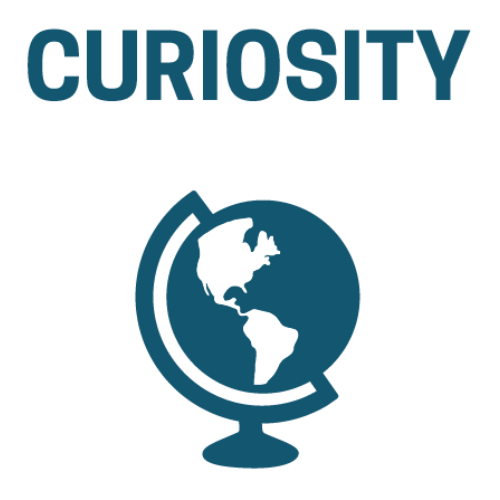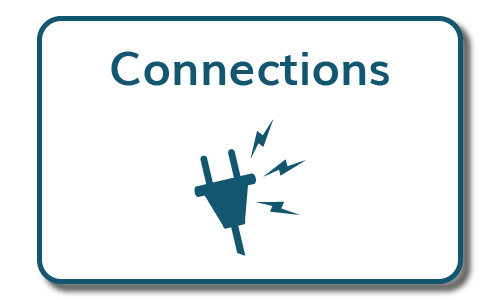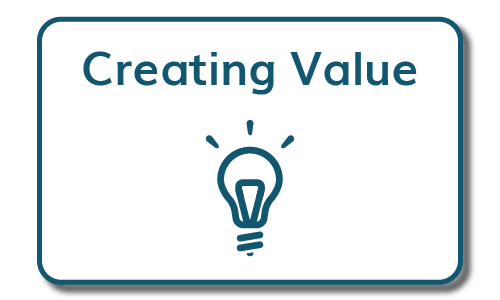Curiosity
A component of entrepreneurial mindset

Curiosity is a component of the entrepreneurial mindset. It is the first of what we call the 3Cs (Curiosity, Connections, Creating Value).
For engineers to succeed in a world with rapidly changing needs and tools, they need a sense of curiosity. Faculty who instill a spirit of curiosity equip students to create extraordinary results.
Too little curiosity in the classroom can cause boredom. Too much can create anxiety. How do you reach the right balance?
How To Teach Curiosity
Curiosity is getting students to:
- Be on the lookout for new opportunities and ideas.
- Be open to exploring these new ideas and perspectives.
- Be willing to challenge conventional wisdom.
- Question popular opinions or beliefs to identify trends or opportunities.
- Possess a growth mindset to further learn and develop ideas, products, methods.
- Be receptive to constructive feedback.
- Reflect on personal strengths and weaknesses.
- Constantly test new ideas and approaches through experimentation, interactions with customers, and forming appropriate hypotheses.
Design exercises so that students:
- Move from questioning “how” to “why” and “what if”.
- Identify and consider current and future trends.
- Listen to different opinions and debate the merit of approaches.
- Operate with incomplete and/or ambiguous information.
Classroom Materials
Curiosity: What Do We Mean?
Research shows that curiosity can be increased! For curiosity to become part of a disposition, the goal of educational interventions is to exercise situational curiosity to increase a student’s dispositional curiosity.
SIMS: A Tool for Increasing Student Curiosity
Assess and increase student intrinsic motivation and self regulation on specific tasks with this vetted tool.
QFT: Question Formulation Technique
A traditional electric circuits course can spark the entrepreneurial mindset with just a few key enhancements.
Analyzing Curiosity: Examine Assumptions and Anecdotes
Storytelling, guided discussions, and stage-setting lead students through a vibrant, investigative project.
Assessing Curiosity: In Entrepreneurially Minded Learning
Find out how the Ohio State University used the 5-Dimensional Curiosity Scale to develop and implement a comprehensive assessment plan in a first-year engineering course.
Driving Curiosity: Question-Based Applications
Create question-driven and impactful interventions to drive academic and career successes based on Warren Berger's book, "A More Beautiful Question."
[VIDEO] Curiosity with Jamie Hyneman
“[Curiosity] is something that’s effectively creativity at its core," says Jamie Hyneman, former Mythbusters co-host. "It’s underappreciated as far as engineering is concerned. Engineering is something that pervades our entire lives. Engineers need to be curious. That’s the hard part and the most valuable part.”
[VIDEO] What You Need to Know About Curiosity
Whether they're big or small, questions leads us to solutions. Too little curiosity in the classroom can cause boredom. Too much can create anxiety. How do you reach the right balance?
[VIDEO] Tycho Brahe & How to Inspire Curiosity in Students
What can faculty do to inspire curiosity in students? Above anything else, students are inspired by "real problems." Dr. Margot Vigeant (Bucknell University) shares the results of being purposefully curious about curiosity.


